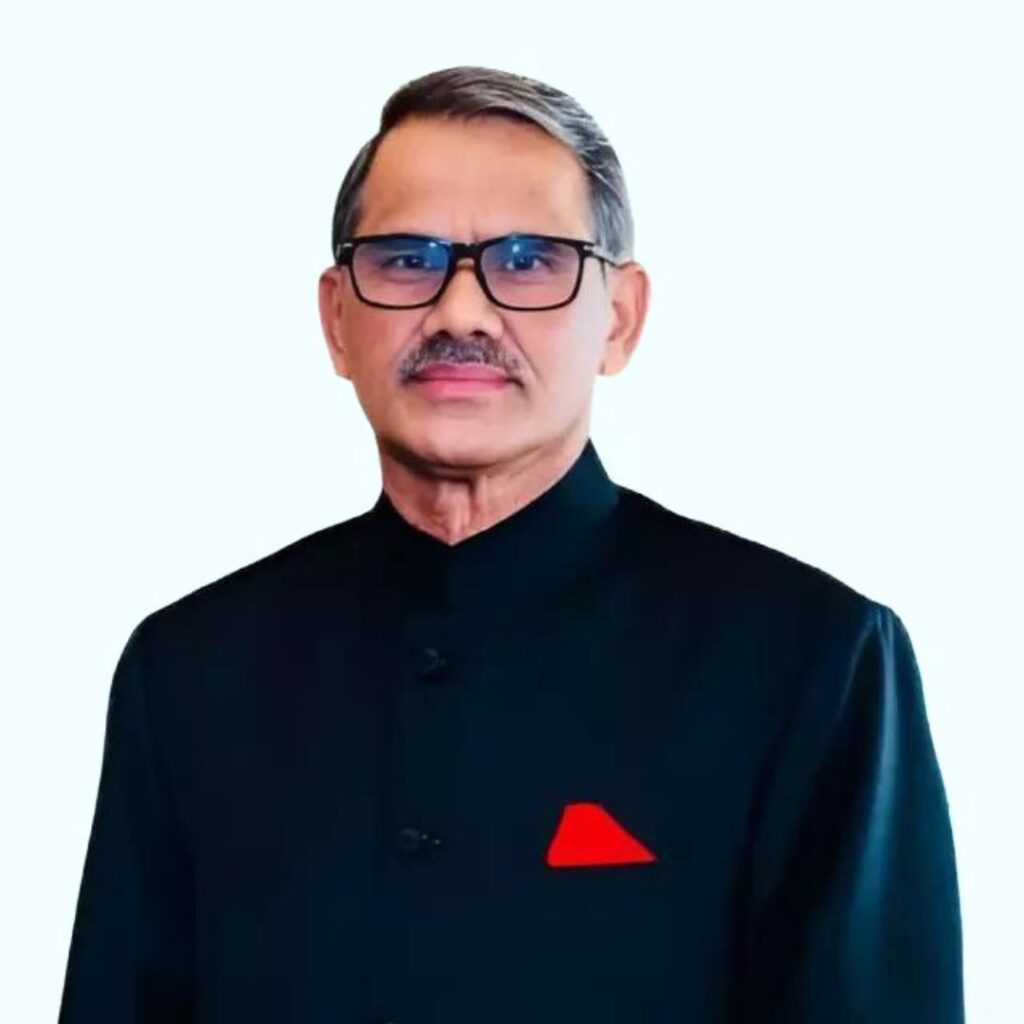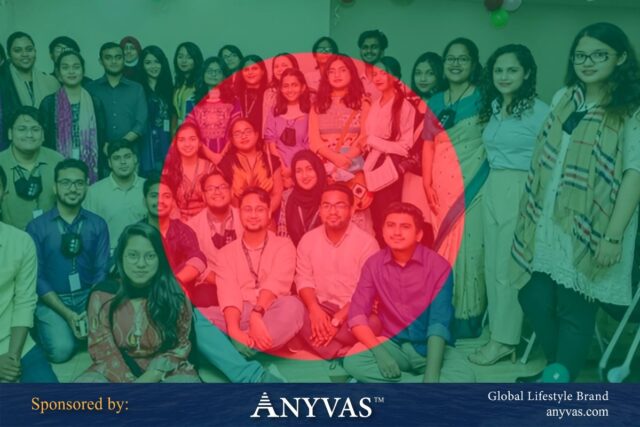Harnessing the Demographic Dividend
Investing in youth development is crucial for sustaining socio-economic growth and fostering innovation in the evolving landscape of Bangladesh. With approximately 34% of the population aged between 18 and 35, the nation is currently benefiting from a demographic dividend. While the growing unemployment rate among the youth may seem like a challenge, it actually represents a significant opportunity. If equipped properly, the youth can become a driving force behind the country’s future development agenda, meeting the expectations of millions. To maximize their contribution, the government and society must implement youth-friendly and youth-targeted training and skill development initiatives. This involves investing in education, training, skills development, entrepreneurship, and social entrepreneurship in the increasingly digital environment of the country.
Opportunities in Emerging Sectors
The evolving economic scenario in Bangladesh has created new opportunities for youth investment. Sectors like information technology (IT), e-commerce, and manufacturing have seen rapid growth and are heavily dependent on a trained, skilled, and innovative workforce. Targeted activities and programs focusing on vocational training, technological education, and entrepreneurship can empower the youth to contribute meaningfully and productively to these sectors. While the government should not limit itself to merely discussing the importance of innovation, it must take proactive steps to build a robust innovation ecosystem, integrate the youth into this culture, and support youth-led startups. With the right support, Bangladesh has the potential to become a regional hub for technology, services, and investment.
Youth Representation in the Interim Government
The recent youth-led movement in Bangladesh, which resulted in the change of government, marked a significant milestone. For the first time in the nation’s history, two student leaders have been appointed to the Interim Government, providing them with an opportunity to implement meaningful reforms for youth development. This change signals a new era for the youth in Bangladesh. However, the new administration must focus on creating opportunities for youth knowledge and skill development, integrating them into productive sectors, and enabling them to lead the nation’s development agenda.
Strengthening IT and Youth Ministry Leadership
Under the new reality, the existing youth development plans and activities need to be re-examined and tailored to align with the aspirations of the youth, especially in the context of the recent youth-led movement. The Ministry of ICT, now led by a former student leader of the movement, should enhance its plans and programs to address IT-related skill development for the youth. Similarly, the Ministry for Youth and Sports, also headed by a leader from the movement, should design strategies that align with youth expectations. Moreover, the key figure behind the movement now holds a crucial position as the Special Assistant to the Chief Adviser of the Government. These three young leaders, representing the youth, must motivate their colleagues to create youth-focused programs that equip the younger generation with the necessary knowledge and skills to thrive in the fourth and fifth Industrial Revolutions.
Fostering Youth-Centric Investment Policies
A noteworthy decision by the Interim Government has been the appointment of a young and successful investment banker as the new Head of the National Investment Development Authority (BIDA). This move is promising for youth empowerment, as it is expected that he will introduce policies that encourage investment in projects and sectors that focus on youth knowledge building, skill development, and employment. As Bangladesh seeks to attract foreign investment to sustain its development journey, a skilled younger generation will be instrumental. The new investment policy should include supportive incentives for investments that target youth development and employment. Additionally, the government’s One-Stop-Service to facilitate foreign direct investment must be made more efficient, addressing bureaucratic obstacles to ensure a smooth inflow of investment.
Reforming the National Skill Development Authority (NSDA)
The National Skill Development Authority (NSDA) must redefine its role in empowering the youth. The Interim Government should consider necessary reforms within NSDA, including re-examining its strategies and planned activities. The goal should be to train and develop the necessary skills for the youth in line with the expectations of the youth-led movement. This will ensure that the youth are equipped to tackle the challenges of emerging industrial revolutions and contribute effectively to the country’s growth.
Engaging Civil Society and the Private Sector
The civil society organizations (CSOs) and the business community should be encouraged to invest in youth development. The government should consult with them to design activities, programs, and projects aimed at training and upskilling the youth, with implementation support through CSOs on an outsourcing basis. Businesses can also play a critical role in supporting these initiatives and supplementing the efforts of NGOs. Involving these stakeholders will help build a more inclusive and stable society, addressing social issues like unemployment, mental health, and inequality.
Building a Sustainable Future
Targeted youth programs are essential to creating an inclusive and resilient society. Adequate resources and opportunities must be provided to empower the younger generation with knowledge and skills. The government’s role is vital in ensuring this, especially as Bangladesh aims to accelerate its growth, successfully transition to a middle-income country, and build a robust economy by leveraging the strengths of its youth.
The Path Forward
Investing in youth is critical in the new reality of Bangladesh. With the right kind of investment, youth development can build an inclusive society and open boundless opportunities for sustainable national development. The youth represent not only the future of Bangladesh but also the driving force for its continued progress in the global arena.
To read more from our Perspective section please Click Here.






















